Unusually, I didn’t leave the British Isles until I was 35, when I went to the Maldives for a fortnight. (You bet it was a culture shock, considering that the most exotic place I’d been until then was the Bognor Regis branch of Butlins.) But I’ve globetrotted like a footloose fiend since then, and on my travels I’ve observed that the pricier the watering hole, the less likely vacationers are to look happy.
The Crane is one of the most beautiful hotels in Barbados, but plagued by sour-faced English types complaining about there being no skimmed milk or a cloudy swimming pool (‘quite troubling’). There were groups of good-natured Americans scattered about, whose parade the Englishers appeared to take some pleasure in raining on with the intensity of a tropical shower. No wonder they make us the villains in their films. After five nights we moved on to a cheaper hotel, the Southwinds — a bit down at heel, but the guests were having the time of their lives. Early in the morning I watched old broads of all hues getting their aqua-aerobic whine on to Barbadian pop in the pool; the next day they’d be at Gospel Breakfast, testifying.
We were staying on St Lawrence Gap, a mini Vegas strip. soup of the day: rum boast the hostelries — but just a few yards from Sugar, a nightclub where Rihanna has dirty-danced, there is the most immaculate white church and a few feet from that a breathtaking beach complete with fishing boats. In Hal’s Car Park Bar, a handsome Bajan tells me, ‘Tourists are our harvest. We love them, genuinely, not like other people who just put up with them. If we see someone hurt a tourist, we’re gonna hurt them. Because by hurting that tourist, they’re hurting our country.’ They especially like the Brits. ‘We’re Little England!’ Bajans say kindly to their Anglo guests, and the love of cricket and afternoon tea, the old-fashioned red postboxes and the beaches somewhat incongruously named Worthing, Hastings, Brighton, Bristol and Bath bear this out. But if so, it’s an England long gone, hard on crime — shoplifters: barbadian prisons aren’t fun! — and big on education, where girls wear Mallory Towers-type uniforms.
At the beautiful St James Church, our friend Junior tells us that this is one of the oldest pieces of consecrated ground on the island. Inside, the majesty of the building is marred a little by the shocking colour photographs of Cliff Richard and the Blairs on the pews they take when in the country.
Junior shows us the statue of Bussa, the slave who led the first revolt in 1816; his broken chains hanging from his triumphantly raised hands, he seems to exemplify the can-do confidence of the country. ‘Other Caribbean islands have rich and poor — we have a middle class and a 98 per cent literacy rate,’ Junior tells us. They have been hard-hit by the recession, with 14 per cent unemployment, but sitting outside the 19th-century Round House restaurant, looking over the beach, drinking Corn’n’Oil cocktails and eating mahi-mahi with breadfruit, you could be forgiven for thinking that you’re in paradise.
Later that day, I give a blind beggar a note. He smiles. ‘How much is that, child?’
‘Fifty dollars.’
‘Fifty Bajan or fifty American.’
‘Bajan?’
‘Bless you,’ he says, with a resigned smile. Surely it’s one for the tourist board: ‘Barbados: Where Even Beggars Are Choosers.’
Got something to add? Join the discussion and comment below.
Get 10 issues for just $10
Subscribe to The Spectator Australia today for the next 10 magazine issues, plus full online access, for just $10.
You might disagree with half of it, but you’ll enjoy reading all of it. Try your first month for free, then just $2 a week for the remainder of your first year.


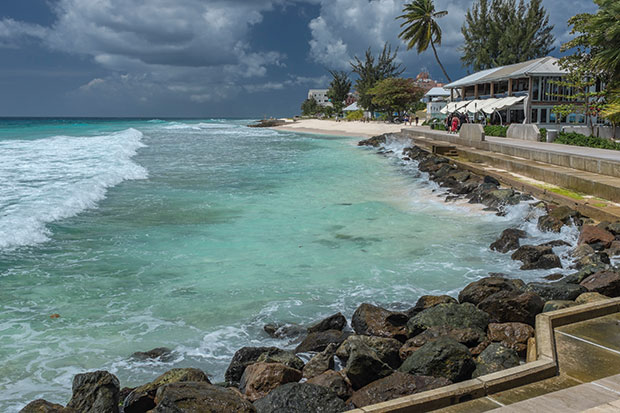
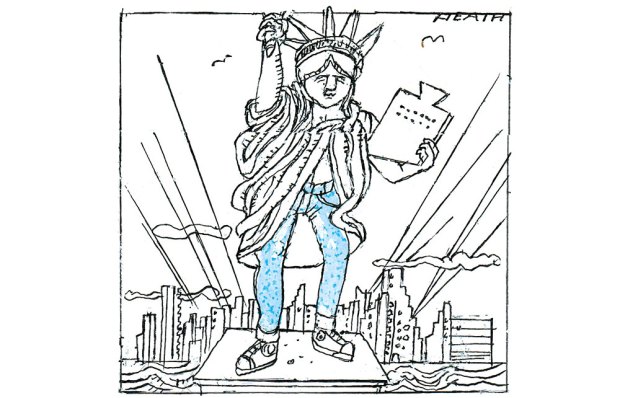
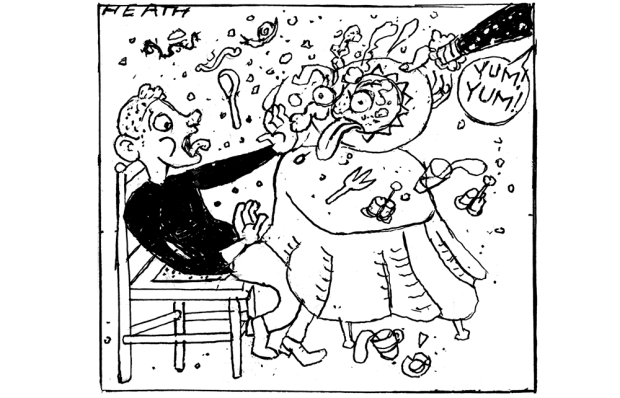
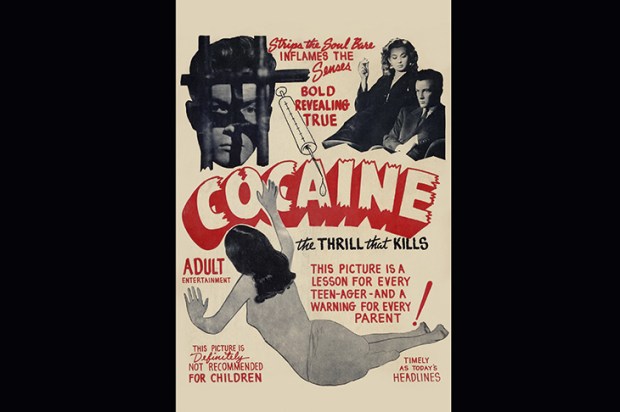
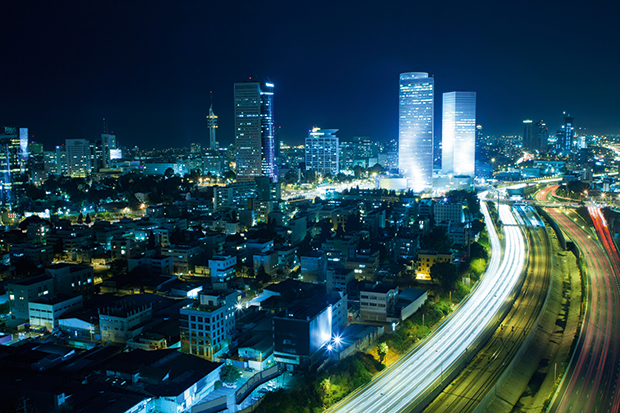
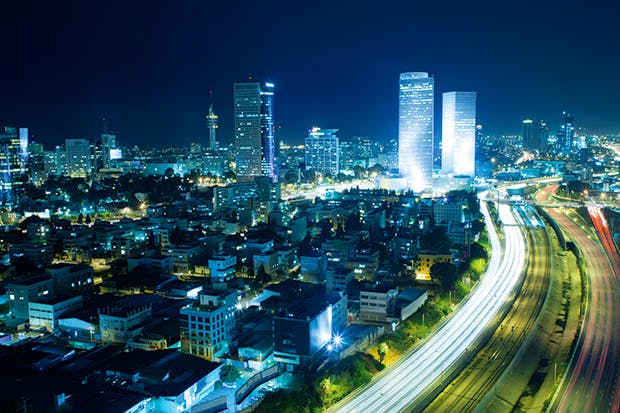
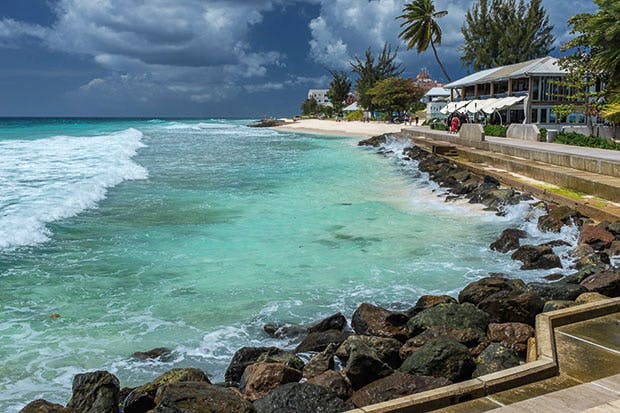






Comments
Don't miss out
Join the conversation with other Spectator Australia readers. Subscribe to leave a comment.
SUBSCRIBEAlready a subscriber? Log in